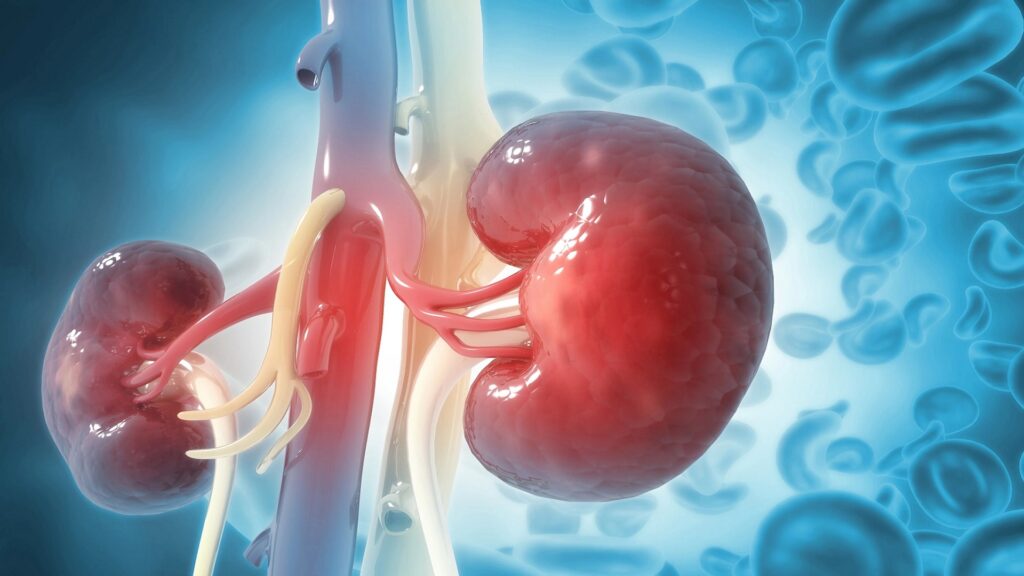Welcome to our comprehensive guide on maintaining optimal kidney health. The kidneys play a crucial role in filtering waste and toxins from our bodies, making their well-being essential for overall health. In this article, we will delve into the topic of kidney health, specifically focusing on five types of food that should be avoided to promote the best possible renal function. By understanding the impact of our dietary choices, we can take proactive steps to safeguard our kidneys and support their vital functions. Join us as we explore the connection between food and kidney health, and discover the key ingredients for a kidney-friendly diet.
Foods that affect your Brain and reduce your intelligence | Breast cancer patients can choose a smaller surgery for cure
The 5 Types of Food You Must Avoid for Optimal Kidney Health
We understand the importance of maintaining good kidney health. The kidneys play a vital role in filtering waste and toxins from our bodies, and the food we consume can have a significant impact on their function. In this article, we will explore five types of food that you should avoid to promote optimal kidney health. By making informed dietary choices, you can protect your kidneys and support their crucial functions.
1. Excessive Sodium Intake: A Hidden Culprit
A high-sodium diet can pose serious risks to your kidneys. Sodium contributes to fluid retention, which increases blood pressure and strains the kidneys. Over time, this strain can lead to kidney damage and impaired function. It is essential to reduce your sodium intake by avoiding processed foods, such as canned soups, snacks, and fast food meals. Opt for fresh, whole foods and use herbs and spices to enhance flavor instead of salt.
2. Red Meat: Moderation is Key
While red meat is a valuable source of protein and essential nutrients, excessive consumption can be detrimental to kidney health. Red meat contains high levels of protein and purines, which are broken down into uric acid. When the kidneys are unable to eliminate excess uric acid efficiently, it can accumulate and contribute to the development of kidney stones and gout. Instead of eliminating red meat entirely, aim for moderation and consider leaner cuts.
3. Phosphorus-Rich Foods: Striking a Balance
Phosphorus is an essential mineral involved in various bodily functions. However, for individuals with compromised kidney function, excessive phosphorus intake can lead to mineral imbalances and bone problems. Foods rich in phosphorus include dairy products, nuts, seeds, and certain types of seafood. To maintain a healthy phosphorus level, it is advisable to limit consumption of these foods and consult with a healthcare professional or dietitian for personalized recommendations.
4. Sugary Beverages: A Hidden Threat
Sugary beverages, such as soda, energy drinks, and sweetened juices, are not only detrimental to overall health but can also negatively impact kidney function. These drinks are often loaded with high fructose corn syrup and artificial additives. Regular consumption of sugary beverages can contribute to obesity, diabetes, and hypertension, all of which are risk factors for kidney disease. Opt for water, herbal tea, or freshly squeezed juices (without added sugar) to stay hydrated and support kidney health.
5. Processed Foods: Choose Whole, Nutrient-Dense Alternatives
Processed foods are notorious for their high salt, sugar, and artificial ingredient content. These products not only lack essential nutrients but can also burden the kidneys with excessive toxins and preservatives. Instead, focus on consuming whole, nutrient-dense foods like fresh fruits, vegetables, whole grains, and lean proteins. These foods provide vital vitamins, minerals, and antioxidants that support kidney health and overall well-being.
Healthy Kidney Diet
Remember, maintaining good kidney health involves more than just avoiding specific foods. It is essential to adopt a well-balanced diet, stay hydrated, engage in regular physical activity, and consult with a healthcare professional for personalized guidance. By incorporating these strategies into your lifestyle, you can promote optimal kidney function and reduce the risk of kidney-related complications.

